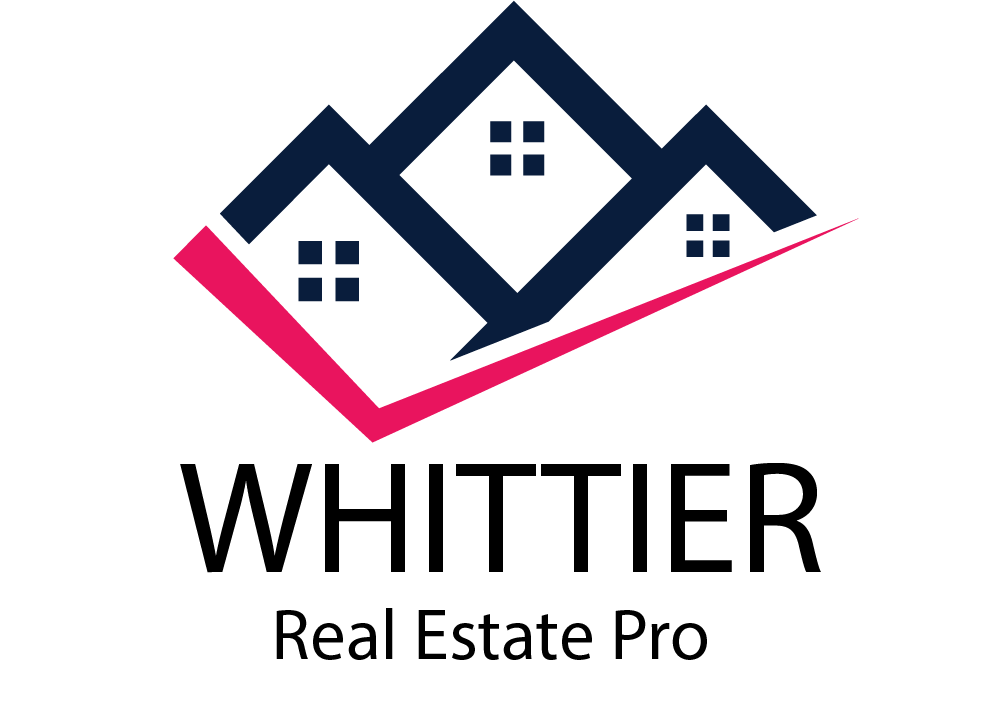The real estate market is a dynamic and ever-evolving industry, greatly influenced by various factors, including interest rates, economic conditions, and consumer sentiment. Over the years, homeowners have experienced the highs and lows of the market, but recent developments have introduced a new dilemma known as the “Mortgage Lock.” This phenomenon has not only impacted homeowners but has also caused a ripple effect throughout the real estate market, leading to shrinking inventory and rising home prices. In this article, we will explore the concept of the “Mortgage Lock” and its implications for homeowners and the overall real estate market.
Understanding the “Mortgage Lock”
“Mortgage Lock” refers to the situation where homeowners feel trapped in their current homes due to the low-interest mortgages they have on their current mortgages. In recent years, homeowners have enjoyed historically low-interest rates, making homeownership affordable and enticing for many. As it happens when rates are low, everyone wants to refinance and lock in that low rate for the rest of their mortgage. However, as life goes, people don’t usually stay in their homes forever. Needs change, family grows or shrinks, they decide to live in another area, etc.
So people feel stuck.. or “Mortgage Locked”. With the Federal Reserve’s response to rising inflation, mortgage rates have more than doubled, significantly impacting homeowners who had locked in low rates during the refinancing boom. As a result, many homeowners are reluctant to move, as they would have to take on a new mortgage at a significantly higher rate, potentially leading to a higher monthly payment.
The Impact on Homeowners
The “Mortgage Lock” has created a dilemma for homeowners who are considering selling their homes or upgrading to a larger property. The combination of a larger principal and a higher interest rate can make the prospect of a higher monthly payment seem unappealing. Homeowners who have become accustomed to the stability and affordability of their current mortgages may find it challenging to justify the financial burden of a new mortgage in the current rate environment. Consequently, many homeowners choose to stay put, resulting in a decrease in housing inventory.
The Ripple Effect on the Real Estate Market
The “Mortgage Lock” phenomenon has had a significant impact on the real estate market as a whole. The reluctance of homeowners to move has led to a tightening housing inventory, which, in turn, has driven up home prices. With fewer properties available for sale, buyers face increased competition, leading to bidding wars and higher home prices. The scarcity of inventory has also disrupted the usual churn of properties on the market, making it more challenging for both buyers and sellers to navigate the real estate landscape.
A Historical Perspective
While the current situation may seem disheartening for many homeowners, it is essential to consider the cyclical nature of economic conditions. Looking back at historical data, the average 30-year mortgage rate in the United States from 1971 until 2023 was 7.74%. In comparison, the current average rate of 7% is not as alarming as it may initially seem. Moreover, it is crucial to remember that the all-time high mortgage rate reached a staggering 18.63% in October 1981. Therefore, the current rate environment, although higher than the recent lows, is still within the realm of historical averages.
Looking Towards the Future
Despite the challenges presented by the “Mortgage Lock” and its impact on the real estate market, there is hope for homeowners and prospective buyers. Economic conditions are fluid, and inflation rates are expected to stabilize over time. As inflation becomes more manageable, mortgage rates are likely to decrease, providing homeowners with more favorable financing options. It is also important for individuals to adjust their expectations and accept the new rate environment as the new norm. Once this acceptance occurs, movement in the housing market will resume, leading to an increase in housing inventory.
Empowering Homeowners in the “Mortgage Lock” Period
For homeowners who are seeking a change despite the challenges posed by the “Mortgage Lock,” there are strategies that can be employed to manage their mortgages and facilitate their next move. Seeking guidance from experienced real estate professionals who understand the intricacies of the current market conditions is crucial. These professionals can provide homeowners with valuable insights and resources to help them navigate the “Mortgage Lock” period effectively. At Whittier Real Estate.pro, our team of highly experienced agents is ready to assist homeowners in strategizing their next steps and finding solutions that align with their goals.
Beyond Interest Rates: Building Homes and Communities
While interest rates play a significant role in the real estate market, it is important to remember that the market is about more than just numbers. It is about creating homes, building lives, and fostering communities. While the “Mortgage Lock” may present challenges, it should not deter individuals from pursuing the life they envision. By focusing on the long-term benefits of homeownership and the satisfaction that comes with finding the perfect home, individuals can overcome the temporary obstacles presented by the current rate environment.
Bottom Line
The “Mortgage Lock” has introduced a new reality for homeowners, challenging their desire for change and mobility in the real estate market. However, it is crucial to keep in mind that economic conditions are cyclical, and change is inevitable. While the current rate environment may seem daunting, it is not as extreme as historical highs. By embracing the new rate environment and seeking guidance from experienced professionals, homeowners can navigate the “Mortgage Lock” period and make informed decisions about their next moves. The real estate market is resilient, and with time, it will adapt to the changing conditions, providing opportunities for homeowners and buyers alike to find their perfect place in the world of real estate.

